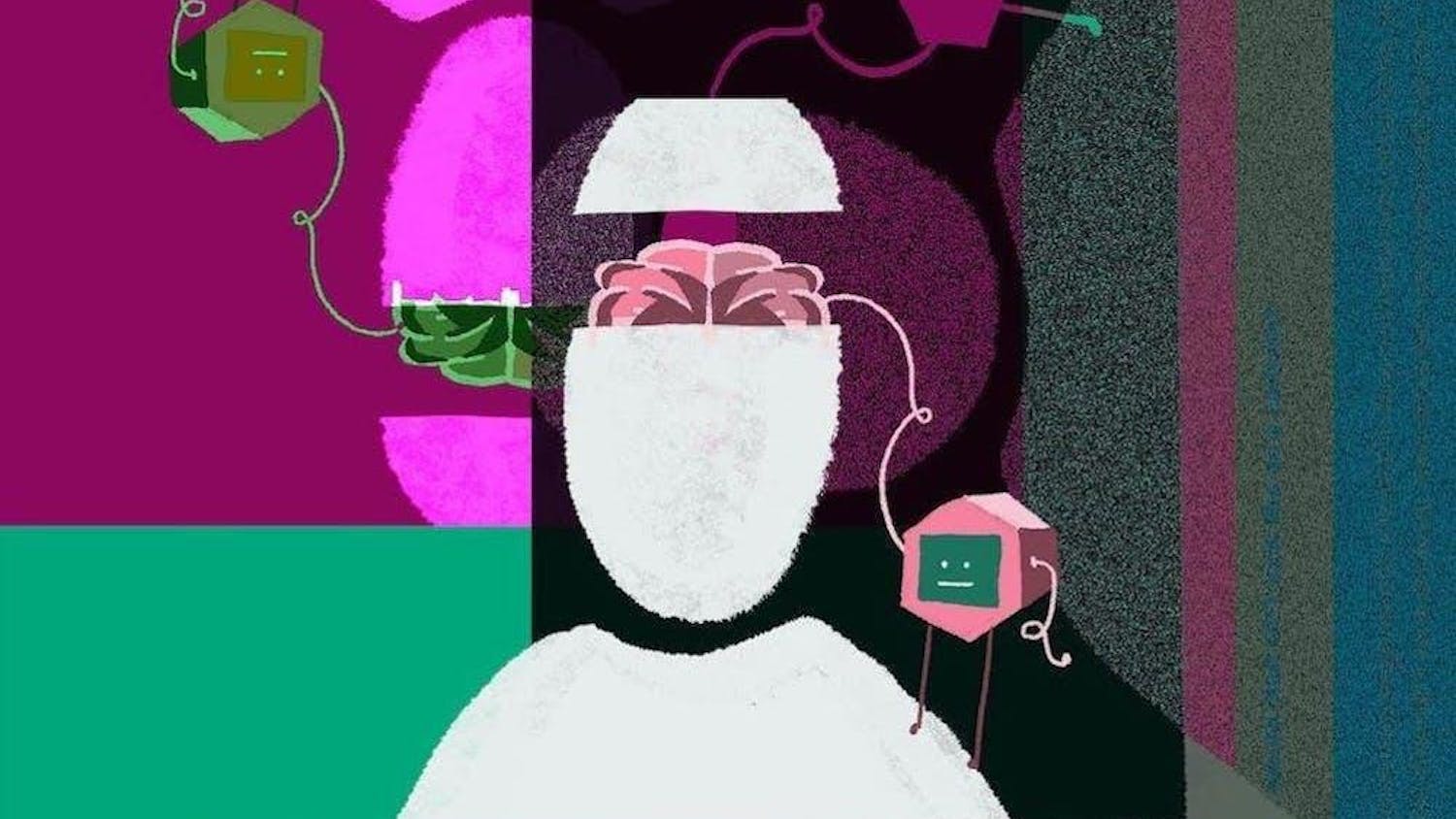When she was a psychiatry resident at Rhode Island Hospital and Butler Hospital, Audrey R. Tyrka noticed one common thread among her patients suffering from mood and substance disorders: childhood adversity.
In a virtual lecture titled “Childhood Adversity, Race and Biological Mechanisms of Risk for Health Disparities,” Tyrka, professor of psychiatry and human behavior, discussed her research examining trauma and adverse events in childhood. Childhood adversity, which can be traced to systemic racism, can translate into psychiatric and medical conditions later in life, she said.
The lecture is part of a series called Decoding Disparities, presented by the Alpert Medical School and the School of Public Health. The series aims to examine and address disparities in health in order to create a more equitable health system.
Tyrka and her lab primarily presented on how stress and trauma are affected by telomeres, which are caps on the end of chromosomes that protect the DNA from degradation. With each cell division, a little bit of the telomere is lost, and over a lifetime, an organism’s telomeres shorten.
Shorter telomeres are an inevitable byproduct of aging, but they have also been linked to “a variety of psychiatric conditions” according to Tyrka.
Kathryn Ridout, a research resident under Tyrka, examined a range of studies and found “a significant, reliable effect of shorter telomeres in association with major depression.”
Tyrka and her group then carried out the first study to look at the effects of early stress and childhood maltreatment with respect to telomeres, comparing groups with and without childhood adversity and psychiatric disorders.
The group with just disorders and the group with both adversity and disorders had significantly shorter telomeres than the control group without either condition, Tyrka and her group found.
While a systematic review found no direct effects of racial discrimination on telomere length, there were some indirect, relatively moderate effects on length, especially in interactions of perceived discrimination. More studies need to directly account for systemic racism and racial trauma when examining the biology of early stress, Tyrka said.
In a recent study, Tyrka’s team analyzed telomere length and another stress marker in children aged three to five. Roughly half the group were maltreated in childhood, and half were not.
Tyrka found that telomere lengths were actually longer in children who suffered from maltreatment — a distinctly different story than the one told by her initial conclusions. Additionally, both internalizing behaviors, which are negative behaviors that are focused inwards such as self-loathing or feelings of anxiety, as well as externalizing behaviors, which include outward-facing behaviors like aggression and hyperactivity, were significantly associated with longer telomere length.
While Tyrka admitted that she was “rather surprised by (these) findings,” the team hypothesizes “that it may be a compensatory response” to anticipated future damage.
“This field is pretty early in its development, and we haven’t quite figured out how it is that these different measurements relate to each other,” Tyrka said, “so that’s, I think, an evolving story that will be exciting to stay tuned to.”

ADVERTISEMENT




